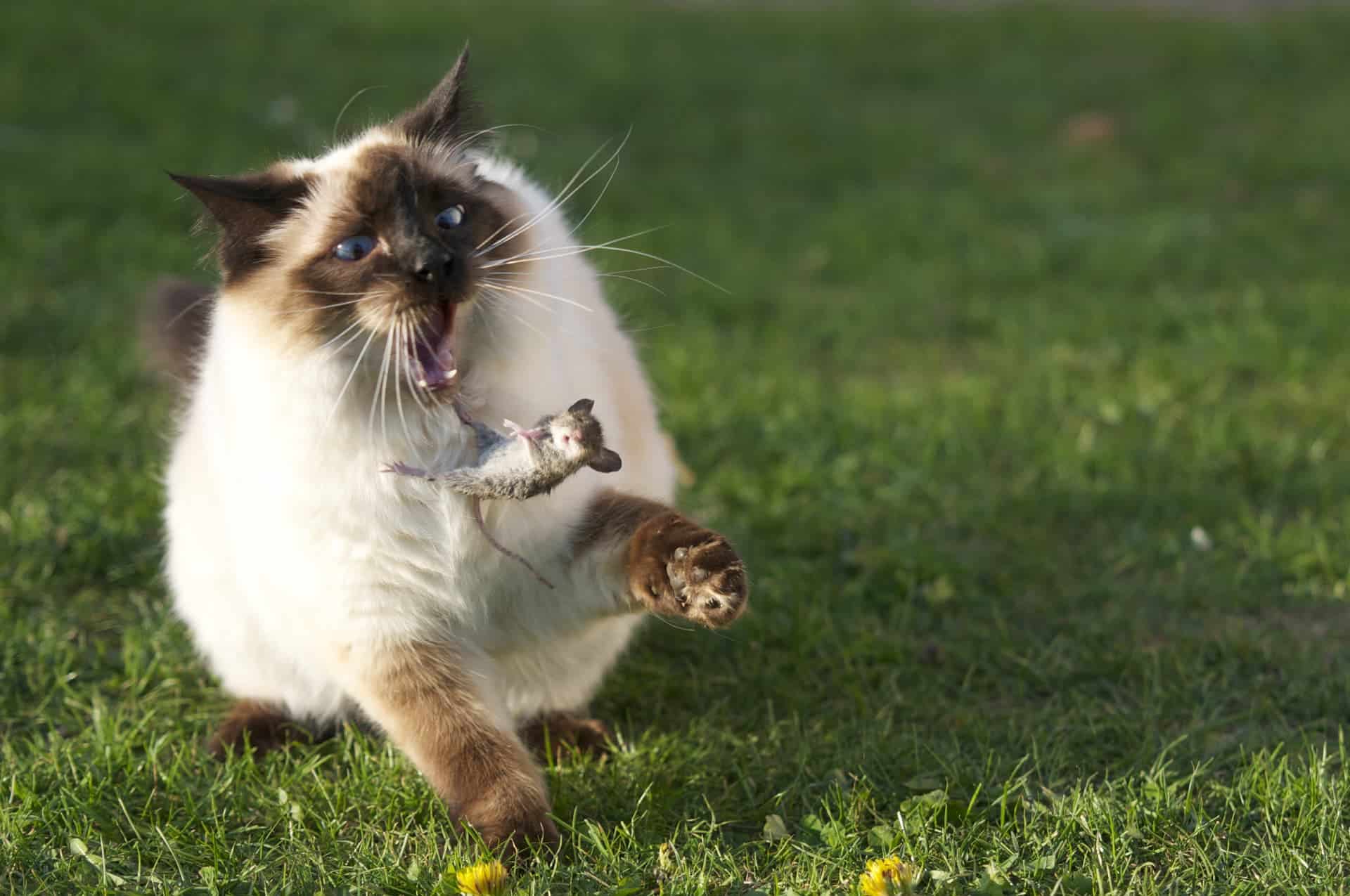Usual signs of a cat cold would include the following:
- Runny/Watery Eyes
- Eye Discharge
- Wheezing or Sneezing
- Runny/Snotty Covered Nose
- Loss of Appetite
Easy things to do at home:
- Put your cat in a bathroom while the shower is running with hot water, the steam from the shower will help to open up your cat’s nasal passageways
- Note: If your cat is congested, your cat most likely will NOT EAT, this is very important to take note of, always make sure your cat’s nose is clean and passageways are clean. If your cat has not eaten for more than 1 day, they should immediately be taken to the vet. After 3 days of not eating your cat can develop a fatty liver and cause liver damage.
- You can get a humidifier and place it in a small room with your cat, you can add lavender oil to the water which will promote healing.
- A healthy cat should always have slick, salvia covers gums, a sick dehydrated cat will have tacky brick red gums. Just like with human’s gums should be soft pink and moist.
- Check you cat’s elimination habits, they should be normally passing stools and urinate regularly. Normal stools, tootsie roll like, not hard (from dehydration) or too soft (diarrhea), both are not normal and should not be left untreated for long.
Safety Tips:
- Never give your cat ASPRIN or any human medications without consulting your veterinarian. Aspirin should NEVER be administered to a dog or cat.
- Never give antibiotics without consulting your veterinarian.
- Never apply a topical or oral flea or tick medication when you have a sick cat, and you should also NEVER VACCINATE a sick cat, this will only make you cats condition worse.
- Never squirt water in your cat’s mouth, this can cause aspiration ammonia, there has to be substance to the water, you could mix with baby food and that would then be fine.
- Check your cat’s ear tips, tail, and feet. They should always be a normal warm temperature. If they are overly hot or cold, it is time for you to take your cat to the nearest veterinarian. This could be caused by an overheating kitty or one with a sub-normal temperature, both are NOT NORMAL.
Treatments:
- Apple Cider Vinegar – ½ tablespoon daily mixed into food or tuna juice.
- Vitamin C – Can be given to a cat daily, 500mg, when healthy as a preventative measure, when sick the dose should be 1000mg twice daily
- L- Lysine – Can be given to a cat daily, 500mg, when healthy as a preventative measure, when sick the dose should be 1000mg twice daily










It says a half tablespoon of apple cider vinegar to the pet’s food . Should this be diluted??
I put half+ tablespoon of apple cider vinegar mixed in w tuna can and they don’t seem to mind the vinegar or crushed up c vitamin and protip if u use tuna w vegetable oil, it’s likely soybean oil and beans have lysine. Does the oil of beans? Idk I think so by visual inspection oil and lysine are similar in structure w o a m scope and maybe still similar in structure. Lysine equals slimy from my analysis.
Further review before this I tried 3 weeks of fresh garlic and vidialian onions smashed and saturated in the tuna before feeding and of course a dash of back pepper helps absorb nutrients. Did show progress tho not complete recovery yet for this sweet stray, so trying this method next. Thank you for sharing such knowledge.
I can agree that the humidifier tip works very well for cat colds. Another thing I found helpful was giving my cat an all-natural vitamin. My favorite brand is balanced breed! Really helps clear up the sniffles and my cat seems to be doing a lot better!